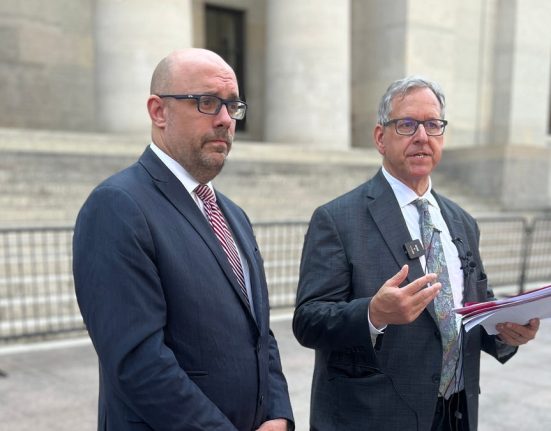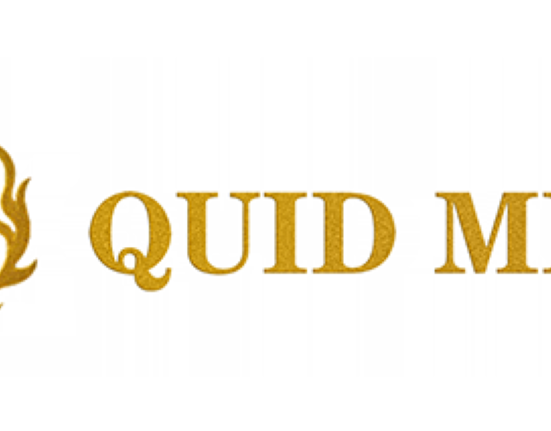“New Zealanders are willing to spend their money on the things provided by these groups – from illicit drugs through to false promises offered by scammers…New Zealand is then left to pick up the pieces.”
The panel said that stopping the profits from reaching the “masterminds” based offshore, such as drug suppliers, would make it harder for local gangs and other criminals to pay for the illicit commodities they import and distribute.
While most legitimate businesses in New Zealand prefer to make payments through digital transactions, cash is crucial to the criminal economy because it provides anonymity.
The sales of drugs, firearms and stolen property were conducted on the black market with cash, along with crimes linked to migrant exploitation and tax evasion, which made it difficult to monitor.
“In a perfect world, removing cash from the economy completely would have the greatest impact on organised crime,” the advisory group wrote to Costello.
“But we recognise this is not realistic at this time and New Zealanders should be assured of their ability to use cash for lawful purposes.”
The expert panel, chaired by senior prosecutor Steve Symon, pointed to Sweden as a country that had introduced policies to reduce the prevalence of physical cash over time.
Another example is France, where monthly salaries in excess of $2800 must be paid through the banking system. In Italy, the payment of wages in cash is prohibited.
Similar measures could be introduced in New Zealand, the advisory group wrote, including a mandate for the electronic payment of wages in “high-risk” industries like construction, hospitality and agriculture.
“Payment of wages with cash is common in a range of industries – usually increasing the risks of tax evasion and exploitation of migrants and other vulnerable workers,” the panel wrote.
“Numerous countries have introduced statutory requirements to ensure that wage payments are made through verifiable, electronic means, to enhance compliance and combat financial misconduct.”
Another option was to prohibit payment in cash for certain services, such as lawyers, accountants, real-estate and immigration agents, precious metal dealers and jewellers.
But as controls on cash tighten, the expert panel warned there would be a shift towards virtual currencies.
Cryptocurrency is a common method of money laundering, as transfers are virtually untraceable.
But the appearance of about 200 “crypto ATMs” in shopping malls, convenience and vape stores, petrol stations and laundromats have now made it even easier.
Many of these ATMs enable the purchase of cryptocurrency by depositing cash, while some dispense cash.
“Criminals can use these ATMs to purchase cryptocurrency and transfer that cryptocurrency within minutes to offshore criminals to fund drug imports or to make payments associated with scams,” the advisory panel wrote.
Cryptocurrency ATMs were made illegal in the United Kingdom in 2022 and the expert panel recommended that New Zealand follow suit.
“This would remove a key laundering mechanism, close a significant loophole in the financial system, and hinder the ability of transnational organised crime to convert and move profits invisibly.”

As well as tightening controls on cash and cryptocurrency, the ministerial advisory group made a number of recommendations to assist police investigations.
These included giving police more powers to freeze suspected criminal assets under the Criminal Proceeds Recovery Act, and make it easier to prosecute money laundering offences.
Investigations tend to focus on the crime that can be proved against the main offenders, such as drug dealing, with money laundering by professionals treated as a secondary offence that is not pursued, the independent panel wrote.
These include accountants, real estate agents, immigration consultants, lawyers, as well as family members and trusted associates.
“These enablers are as critical to the business of organised crime as the foreign suppliers sending illicit commodities, like drugs, to New Zealand,” the advisory group wrote.
The experts also suggested that new powers be given to enforcement agencies to have faster access to financial records, including the ability to monitor bank accounts in real time.
The proposal would work in a similar way to a surveillance device warrant, used to intercept private communications, and must be granted by a High Court judge.
“Organised crime can move at the speed of the global finance system – enforcement agencies can only move at the speed of the law,” the advisory group wrote.
“The current system is not designed to keep pace with the speed of modern banking systems and how organised crime operates…this provides plenty of opportunities to transfer funds out of reach offshore – even where law enforcement agencies have clear evidence of wrongdoing.”
The report on money laundering was given to Costello in April, and is the second in a series focusing on organised crime in New Zealand.
In a statement to the Herald, Costello said the advisory group’s suggestions around money laundering, in particular the better controls on cash, made a lot of sense.
“It comes back to the heart of the group’s work – we’re trying to stop and hurt organised crime groups and they’re in it for the money. Take the money away and we’ll stop a lot more of the crime,” Costello said.
“The links between cash and drugs are pretty obvious, but cash is also the mechanism that allows for fraud and labour exploitation, which is something I saw a lot of in my previous work.”
Costello is a former police detective and later worked as a private investigator in the field of migrant exploitation.
The group’s first report released in March explained that New Zealand was “losing the fight” against transnational organised crime, which was illustrated by how the country was flooded with methamphetamine.
Despite more drugs being seized than ever before, the consumption of methamphetamine more than doubled in 2024 to the highest levels recorded in national wastewater testing.
The advisory group will make recommendations on a different topic each month, with a final report to be published in September.
But it has already warned the coalition government that bold changes are needed urgently to tackle the growing threat.
Jared Savage covers crime and justice issues, with a particular interest in organised crime. He joined the Herald in 2006 and has won a dozen journalism awards in that time, including twice being named Reporter of the Year. He is also the author of Gangland and Gangster’s Paradise.







